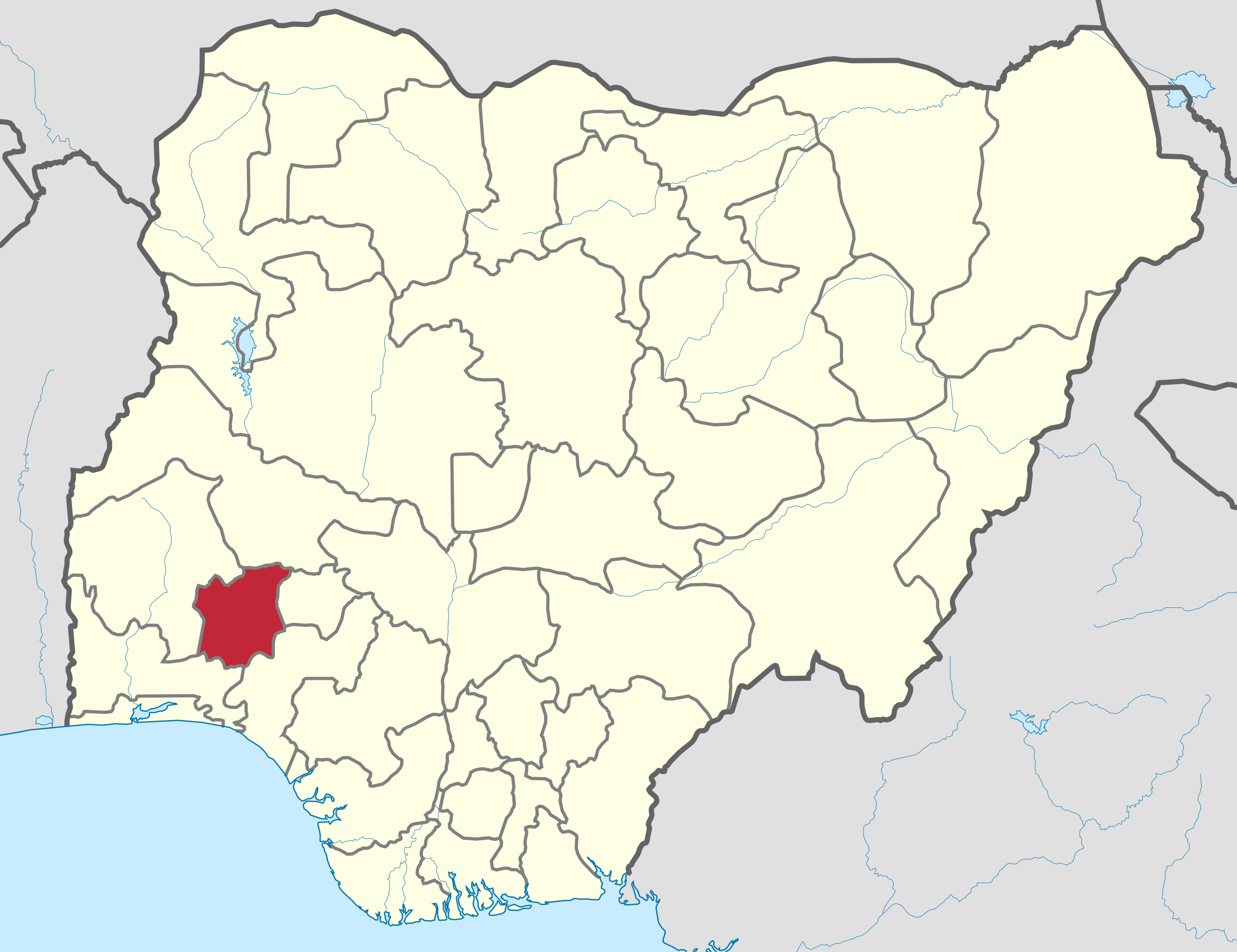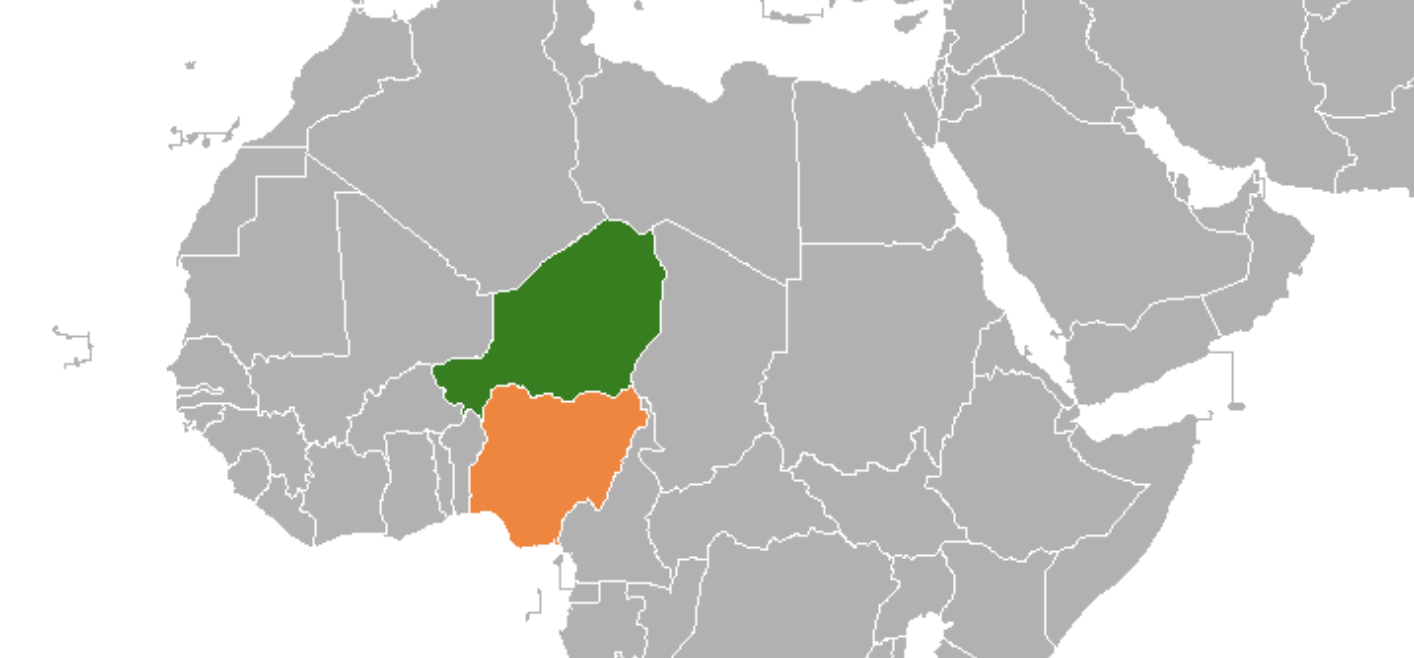The people’s wishes on Saturday truncated the second tenure dream of the Governor of Osun State, Mr Gboyega Oyetola, in the governorship election that took place on 16 July 2022. The governor-elect in Osun, Ademola Adeleke of the Peoples Democratic Party, polled 403,371 votes to emerge victorious over the incumbent governor Oyetola of the All Progressive Congress, who polled 375,027 votes.
Adeleke, fondly called ‘The Dancing Senator’ because of his dancing skill, convincingly won in 17 out of the 30 local government areas in the state. The defeat was a bitter pill for the ruling APC ahead of the general election coming up next year. The party had fielded Bola Tinubu as its presidential flag bearer and will be expecting bloc votes from the Southwest. Still, the aftermath of the Osun election left APC in control of four of the six southwestern states.
Recommended articles
- Kwara Guber Race: Kwara South, the Deciding Battle Field
- Aspirants That Gave the Top 5 Remarkable Speeches at the APC Presidential Primary
- 7 Years On: Top 5 Areas Buhari Has Failed Nigerians
Osun’s victory was a big one for the PDP not only because they defeated a sitting governor but because APC has many other influential politicians from the state. Bisi Akande, and Iyiola Omisore, among others, could not save the embarrassing defeat of the APC.
Politicians, they say, will never learn from history, but here are four valuable lessons the Osun election echoes:
1. Failure of a party at the central has ripple effects
When the ruling party grossly fails in its electoral promises, the electorates express their grievances at every opportunity. The poor score sheet of the APC government at the federal level cannot be dissociated from the defeat of the party in Osun. The opposition has more than enough empirical instances to woo the voters with. The ordinary man believes APC is the reason for the insecurity and inflation in the land, and a hungry man will definitely want a change.
2. A divided house is set to lose
APC in Osun went into the Saturday election disunited; there was a rift between Oyetola and Aregbesola. The Osun Progressives (TOP) is a faction in APC loyal to Mr Rauf Aregbesola, and this group did not support the candidacy of Oyetola. Aregbesola, a two-term governor and a party chieftain, did not campaign for Oyetola and even travelled out of the country before the election. Ademola Adeleke revealed on Monday that some associates of Aregbesola worked for him. In 2018, when Aregbesola was on the same page with Oyetola, they narrowly defeated Adeleke; now imagine a split APC against Adeleke.
3. INEC has improved
The Independent National Electoral Commission (INEC) received a pass mark in Osun from different observers. The deployment of the Bimodal Voter Accreditation System (BVAS) and the relatively smooth collation of results changed the game to a large extent. Osun election recorded fewer cancellations, and the transmission of results from the polling units to the INEC database by polling officers gave more credit to the electoral process.
4. Electorates are more sensitised
The menace of vote buying is brutal to fight in a country like ours, where many citizens live below the poverty level. In Osun, the major parties were out to buy votes, but people still voted their minds after collecting money. The scammers (politicians) got scammed by the electorates. There are units where the people shouted praises of a politician, and the votes in the units went the other way.






Add a comment